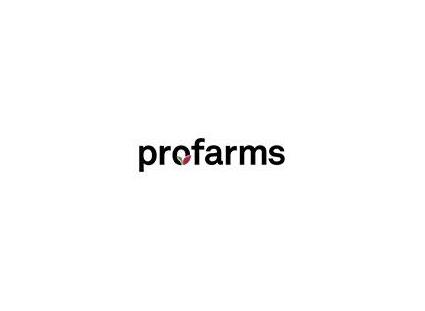Quality you can taste
South Tyrolean Vegetables
Vegetables are even tastier when they are grown in accordance with the strict requirements of the South Tyrolean seal of quality. In accordance with certain criteria, vegetables from South Tyrol have been permitted to bear the
South Tyrolean seal of quality since 2005. South Tyrolean asparagus carries the seal since 2014 and the South Tyrolean watercress since 2022.
What are the most important quality criteria?
- Regional cultivation
- Outdoor cultivation (except for the watercress that is cultivated in underground gametes)
- Cultivation above certain altitudes, which allows aromas and flavours to develop fully through slow ripening
- Subject to regular checks by an independent inspection authority

South Tyrolean vegetables and potatoes in numbers
400
agricultural businesses currently grow vegetables with the South Tyrolean seal of quality, mostly family businesses producing on the side.
Altitudes between 600 and 1,700
metres are used for growing vegetables with the South Tyrolean seal of quality.
More than 10,000
tonnes of vegetables with the South Tyrolean seal of quality are harvested by vegetable farmers every year. Potatoes and cauliflower account for the largest share.
Looking for recipes, news and events relating to South Tyrolean vegetables?
Find out more
How are South Tyrolean vegetables grown?
Vegetables with the South Tyrolean seal of quality originate mainly from small family run farms. The plants are carefully grown in the open air (for watercress in germ cells and subsequently in growth cells) and, with the exception of asparagus and watercress, grow at an altitude of at least 600 metres above sea level. This gives the vegetables plenty of time to develop their full flavours. This results in South Tyrolean vegetables that are not only crunchier and tastier, but also richer in vitamins and nutrients.
Which vegetables bear the South Tyrolean seal of quality?
South Tyrolean cauliflower
Production area: mainly Laas/Lasa in the Vinschgau valley, but also the Eisacktal and Pustertal valleys and Ritten/Renon
Main nutrients and vitamins: potassium, folic acid, vitamins C, B5 and B6
Production volume: approx. 3,000 tonnes per year
South Tyrolean iceberg lettuce
Most important nutrients and vitamins: calcium, potassium, vitamin A
Production volume: approx. 350 tonnes per year
South Tyrolean potatoes
Production area: Pustertal valley
Most important nutrients and vitamins: potassium, vitamin C
Good to know: potatoes contain fewer calories than other satiation supplements such as rice or noodles.
Production volume: approx. 6,000 tonnes per year
South Tyrolean cabbage and sauerkraut
Production area: mainly the Eisacktal, Pustertal and Vinschgau valleys
Most important nutrients and vitamins: vitamin C
Production volume: approx. 800 tonnes per year
South Tyrolean radicchio
Production area: mainly the Pustertal and Vinschgau valleys
Main nutrients and vitamins: calcium, potassium, magnesium, vitamins A and C
Production volume: approx. 400 tonnes per year
South Tyrolean asparagus
Production area: mainly the Etschtal valley
Main nutrients and vitamins: potassium, phosphorus, magnesium, calcium, iron, aspartic acid, vitamins A, C, E, B6, B2, B1
Production volume: approx. 70 tonnes per year
South Tyrolean watercress
Production: underground gamete
Main nutrients and vitamins: vitamins C, B, E. Contains also micro-nutrients such as calcium, magnesium and iron, which help with anemia, coughing, constipation and loss of appetite.
Production volume: approx. 15,000 crates per year
In addition to the varieties listed here, there are other vegetables, which are cultivated in smaller quantities, that also bear the South Tyrolean seal of quality.
The creators of South Tyrolean vegetables
Our producers

OVEG
Vegetable & potatoes
39023
Eyrs/Oris

VIP
Vegetable & potatoes, Berries and cherries
39021
Latsch/Laces

Profarms
Vegetable & potatoes
39057
San Paolo/Appiano